
Bishop Edward J. Weisenburger | Diocese of Tucson website
In a conference held at the Vatican, Pope Francis addressed medical doctors, health practitioners, researchers, ethicists, and other experts, emphasizing the need to prevent inequalities in healthcare and clinical research. The Pope urged participants to prioritize the promotion of life and health, guided by a sense of care rather than market forces and technology.
The message from Pope Francis highlighted the importance of balancing research opportunities with the welfare of patients. He stressed the need for equitable distribution of research expenses and access to the resulting benefits. The Pope's message was directed towards experts and professionals in healthcare fields participating in a conference organized by the World Medical Association, the American Medical Association (AMA), and the Pontifical Academy for Life.
The conference aimed to update and revise the Declaration of Helsinki, which outlines ethical standards for conducting medical research with human participants. The Declaration of Helsinki was initially drafted in 1964 and has been regularly updated to adapt to new technologies, risks, and challenges. Dr. Jack Resneck Jr., a member of the AMA's board of trustees, discussed some of the issues being addressed in the revisions, such as the protection of patient privacy and consent for future use of data.
One of the key topics discussed at the conference was the need to ensure that medical research conducted in resource-poor settings benefits the local communities without subjecting them to unfair or unethical trials. Dr. Gifty Immanuel, a virologist and director of the Center for AIDS and Antiviral Research, highlighted the problem of "ethics dumping" when researchers from institutions with high ethical standards conduct unethical trials on vulnerable communities lacking regulations or oversight.
Father Peter I. Osuji, a faculty member of Duquesne University's Center for Global Health Ethics, emphasized the role of researchers as "scholar-activists" and advocated for research that includes advocacy and aims for freedom and emancipation. The conference also emphasized the importance of respecting the rights, agency, and dignity of research participants by referring to them as "participants" rather than "objects" or subjects of study.
Ana Borovecki, a clinical pharmacologist and toxicologist, highlighted the issue of informed consent and the need for appropriate wording in consent forms. She stressed the importance of researchers recognizing that their trials are not proven therapy and may even be detrimental to individuals.
The conference at the Vatican provided a platform for experts to discuss the ethical considerations in medical research. The discussions centered around promoting equity in healthcare, protecting patient rights, and ensuring that research conducted in vulnerable communities adheres to ethical standards. The revisions to the Declaration of Helsinki aim to address these issues and provide updated guidelines for the responsible conduct of medical research globally.
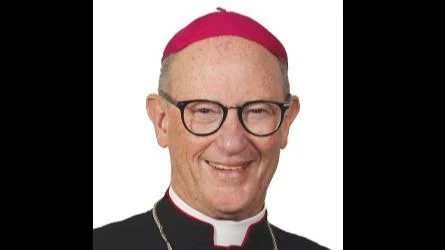

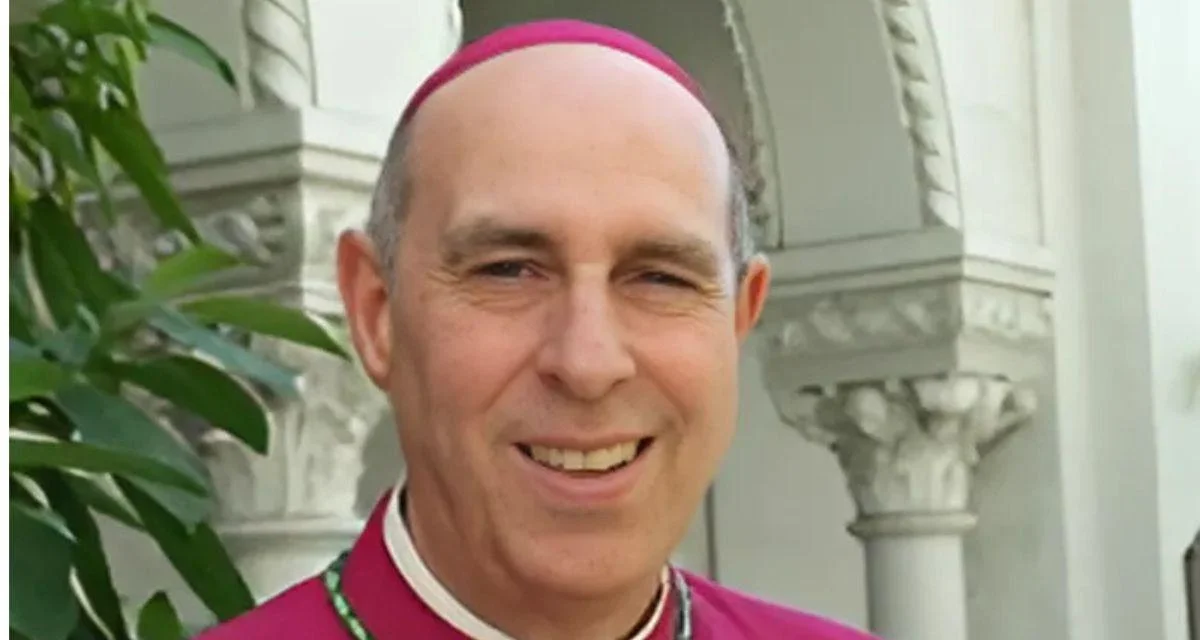
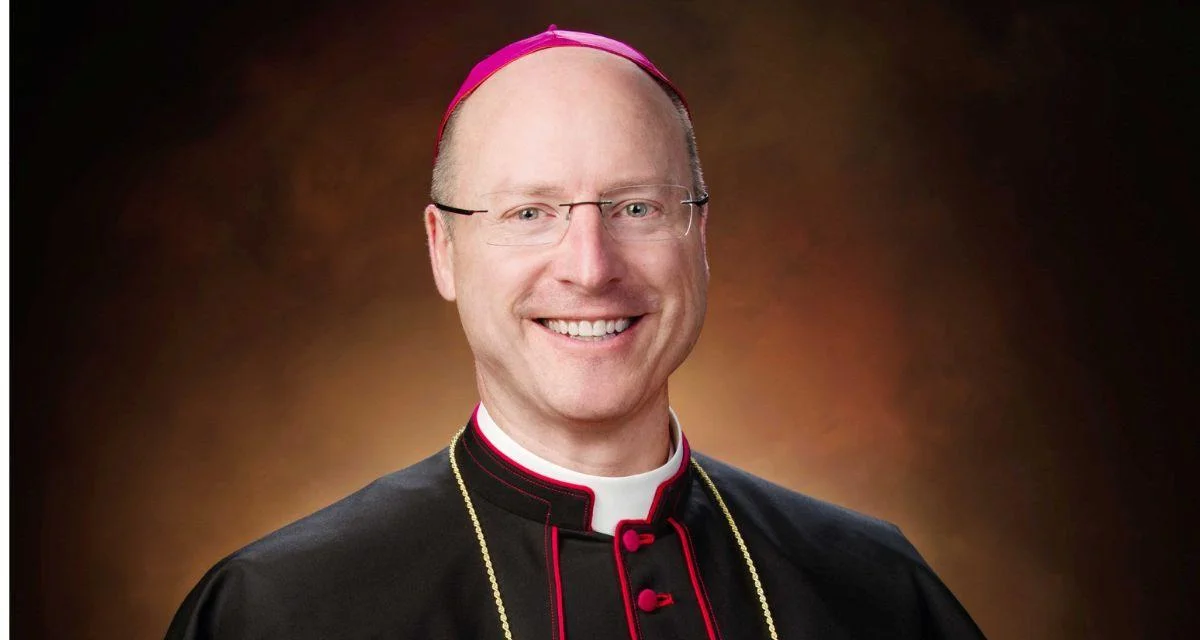
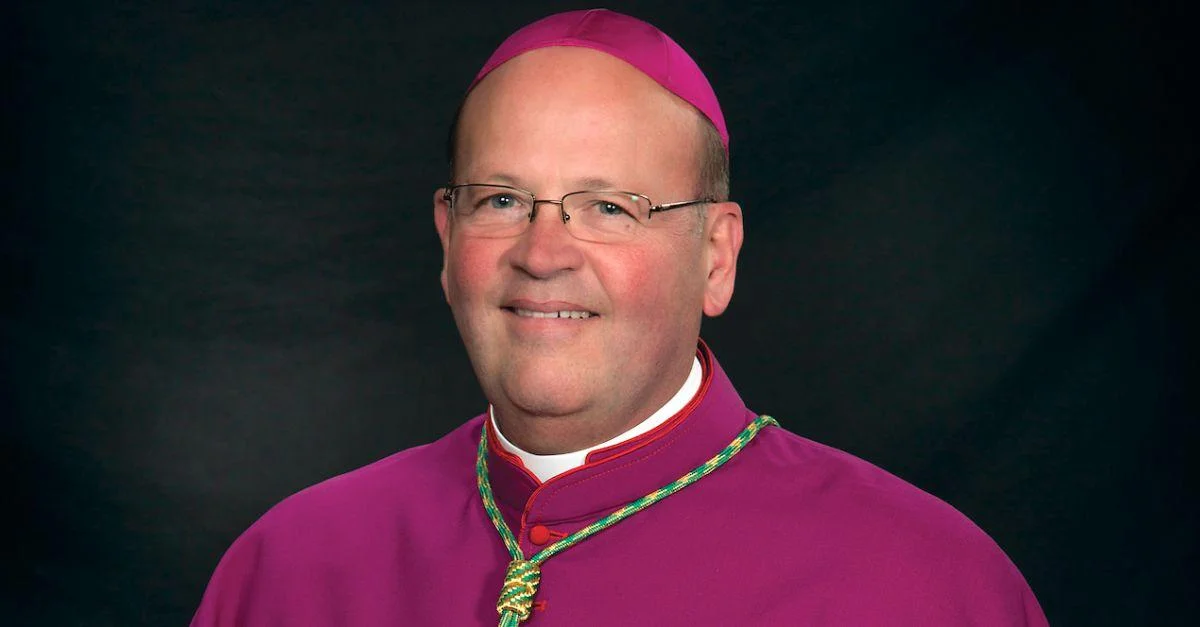
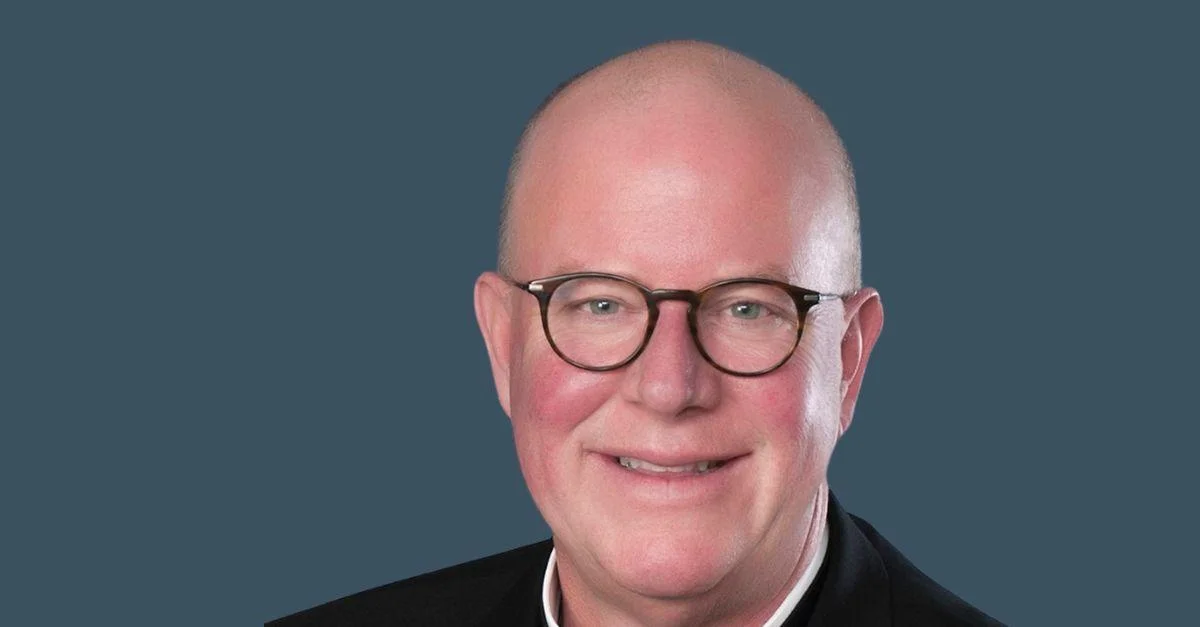
 Alerts Sign-up
Alerts Sign-up